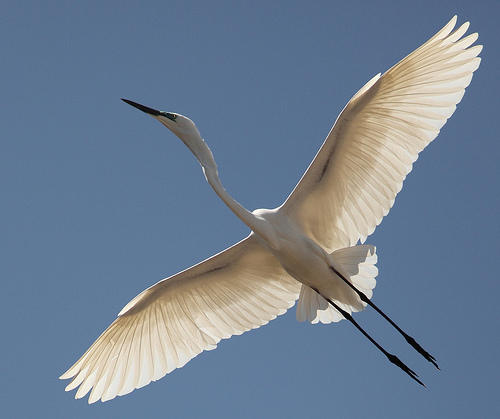FWP:
SETS == IDIOMS; WORDPLAY
Faruqi has done a lovely job on this one, enhancing the mystery and depth of a verse that's already remarkable for its truly exceptional wordplay. Faruqi mentions some of it, but I'd like to add a bit more. In the first line we have huʾe and havā (which is written exactly like huʾā ). In the first line we have par as 'upon', and in the second line par as 'wing'. Notice too that the verb uṛā [kar] le jāna , which I've had to translate as 'to carry away', literally means 'having caused to fly, to bear away', thus echoing the wing and feather imagery perfectly. And as Faruqi notes, ġhubār and ḳhāk both mean 'dust', though the latter here very prominently its idiomatic meaning (on this see {114,1}).
In its hauntingness and strange vision of dust-flight this verse reminds me of {61,7}. But that one is much brighter and less melancholy. Another good verse for comparison is {158,4}.
This verse belongs to the 'lover is a bird' set; for more examples, see {126,5}.

Nazm:
magar means 'perhaps'. The affinity of ġhubār and ḳhāk is providing beauty. (123)
== Nazm page 123